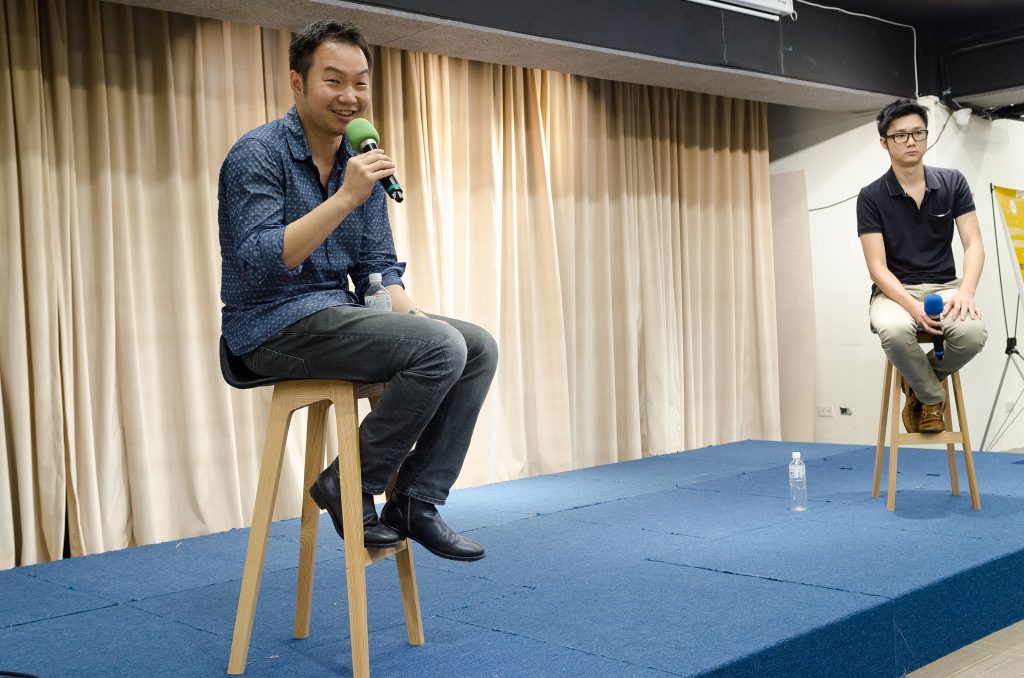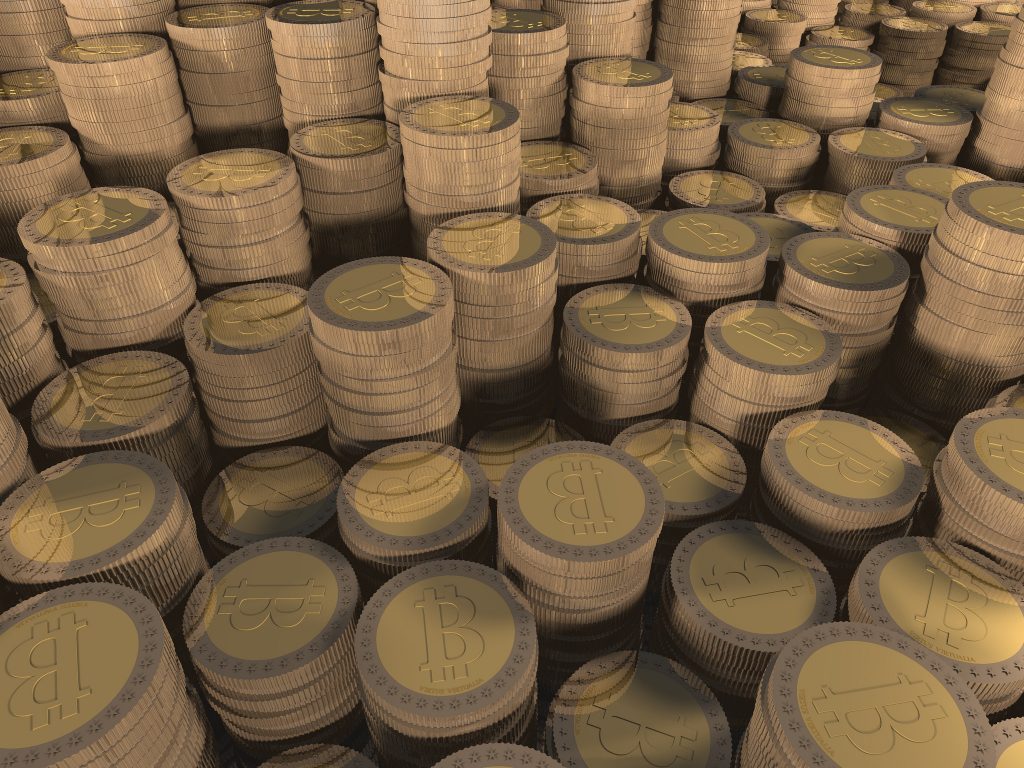MaiCoin’s Nick Chang talks electronic payment ─ Have we moved the rock blocking our way to electronic payment? (Part I)
Translated by 半月
In January 2015, the Legislative Yuan, Taiwan passed The Act Governing Electronic Payment Institutions (meant for third-party payment) and was announced a month later. In March, twelve related related regulations were also passed, including payment collection, transfer, deposit and so on. The upper limit for future deposit and transfer is set to be 50 thousand NTD per day, 1 million per month. At the time, we invited engineers and representatives from banks to discuss about the future of Third Party Payment in Taiwan.
18 months later, we see PayPal in the US is developing steadily, Apple Pay tries to enter every country in the world (but was blocked in Taiwan), Fin-tech companies keep appearing in China. One cannot help but wonder, when will Taiwan’s FinTech industry actually start blooming? We are just slow. Is it because of our regulation, our lack of technical expertise or this is just not the right thing for Taiwan?
This time, let us get rid of legal jargons (ok, there are still some). We invited pioneers in Fin-Tech, Nick Chang from MaiCoin and observer Thomas Y. Hu to re-examine the status quo of Fin-tech industry and the difficulties we are facing. We are now in 2016, what is the rock that blocks our way?

The ideal payment system without the need of Trust
“Electronic payment has been a very important issue recently. It accounts for 25% of economic activities in Taiwan. The central bank and Financial Supervisory Commission of Taiwan are going to double this number in five years. Why?”
Nick, the manager of MaiCoin Platform, believes that electronic payment has the advantage of clean, convenient, cheap (to recycling and transport), easy to distinguish real and fake money, anonymous and it is beneficial for taxing (many small stores pay the same amount of tax regardless of their income due to their “small size”. It is hard to calculate their real income when we are using physical currency) and big data collection.
Then, he brought us to the key concept of this talk: Blockchain.
The concept of blockchain comes from Bitcoin created in 2008. In this framework, every transaction forms a block. New blocks are connected to older blocks and form a blockchain. The blockchains can be seen as a distributed database of all the people participated in transactions. In other words, this is the account book for online transactions.
In this framework, there is no central institutions (e.g. central banks). Electronic currencies do not rely on credit guarantees of central banks, governments or enterprises. It builds on agreements. Accounts are kept in collaboration with Internet service. To be included in a blockchain, some complicated mathematical problems have to be solved to prove the coin is valid. Every node (client side) in the network examines automatically all the transactions and blockchains and ignore quantity errors or repetitive sending behaviors. Thus, hackers cannot rewrite transaction information unless they have the computational capability superior to the whole system. This is why people consider electronic currency safe.
Also, electronic currency makes use of peer-to-peer model. This reduces the amount of nodes necessary when sending data to central server, in turn decreasing the possibility of data loss. In this manner, the network remains relatively intact even if the server is attacked.

However, this new concept built on “agreement” instead of “trust” is not Trusted by many people. The concept of block chain is too new, the technical details behind are too complicated, for the mass to embrace it. Making things worse, the term electronic payment has been used in scams in Taiwan. It is also misused in the media and this caused the problem of stigmatization of E-commerce. Nick admitted that the customers in this market need more time. “We need to educate our customers. This is a high-risk business.”
“Besides safety issues, blockchain solves practical issues as well. ‘Money flow’ was different from information flow. Money flow was usually unidirectional. Platforms were not connected to each other. Blcokchain changed all this. We can use electronic ‘wallet’ to buy and sell under this framework without building new systems.”
From laws to the market
MaiCoin, founded in 2013, focused on two things: Bitcoin (now called digital asset) investment/management and blockchain technical consultant. Nick said that they did face difficulties at the beginning.
“Nobody wanted to collaborate with us. It took a lot of time to find the first partner. This is our first challenge. We buy and sell Bitcoins using currencies existing in the physical world. We still need money flow of physical monetary system. Fin-Tech companies still need a bank account to do business.”
The second problem is deposit. “After having a bank account, MaiCoin wants to provide payment service. Simply put, what buyers and sellers see on the market is money, but it is actually bitcoin working behind the scene. However, this was against the law. We were not financial institute and we couldn’t do deposit. There was little room for this. For example, 8591 did deposit on virtual goods (a kind of digital assets). People could sell virtual goods and put their money on 8591 platform. This was considered against the law. Because of these regulations, we had a hard time finding a bank collaborating with us and we couldn’t provide our own payment service.”
Nevertheless, Nick stay positive regarding the future of electronic payment. He thinks that financial institutions would change their mind. “The fact that we can do cross-platform transaction changed everything. Payment system can stand beyond all other companies and form a union itself.”
“ In mainland China, electronic payment was promoted in Taobao and WeChat. The most important player of electronic payment, Alipayand WeChat Pay are owned by the same companies. The situation in Taiwan is different. We welcome more people to participate in this game!”
Reference
中文版連結
Cover photo: PanX











留言討論